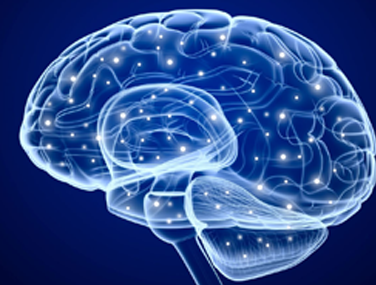EEG
EEG - electroencephalogram test , which is used to detect abnormalities related to electrical activity of the brain. This procedure helps to track and record brain wave patterns.
Small metal discs with thin wires (electrodes) are placed on the scalp, and then send signals to a computer to record the results.
EEG used to confirm or rule out various condition like- seizure disorders, a head injury , encephalic brain tumor, sleep disorder, dementia etc.
Preparation:
- Wash your hair the night before or the day of the test, but do not use any conditioner s, hair creams.
- Avoid anything with caffeine 6 hours before the test.
- Use your daily medications unless instructed otherwise.

EEG
For further enquiries and appointment please contact with us.